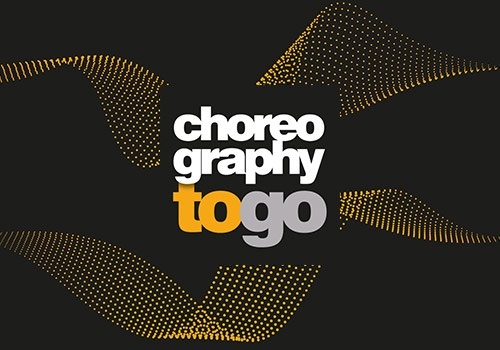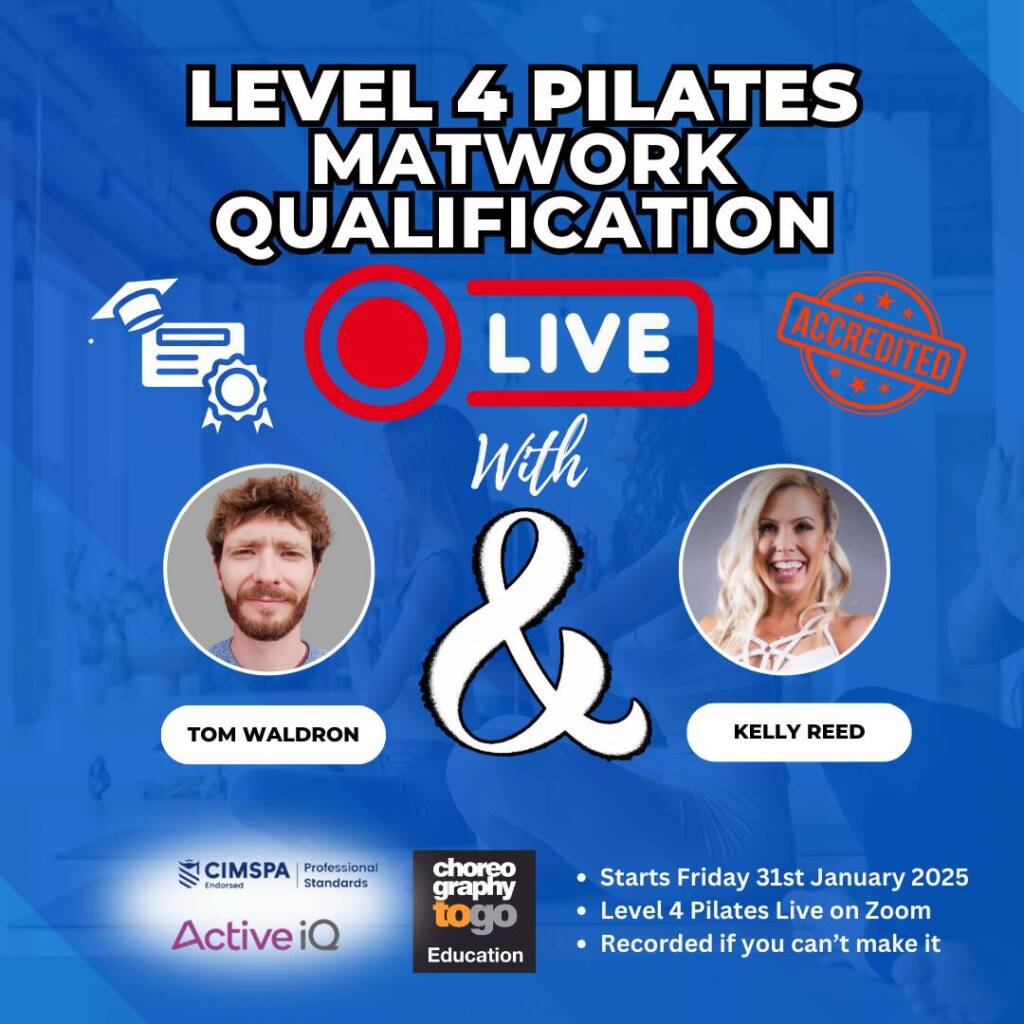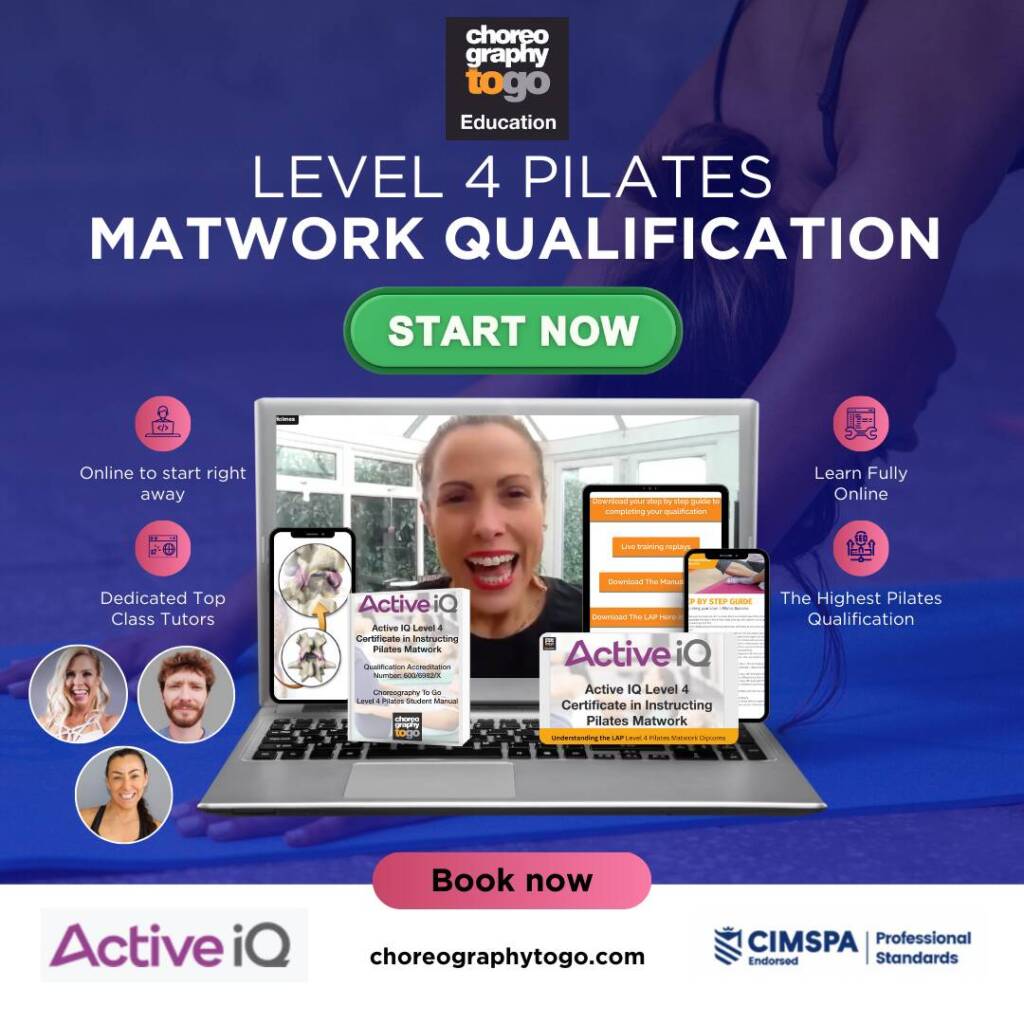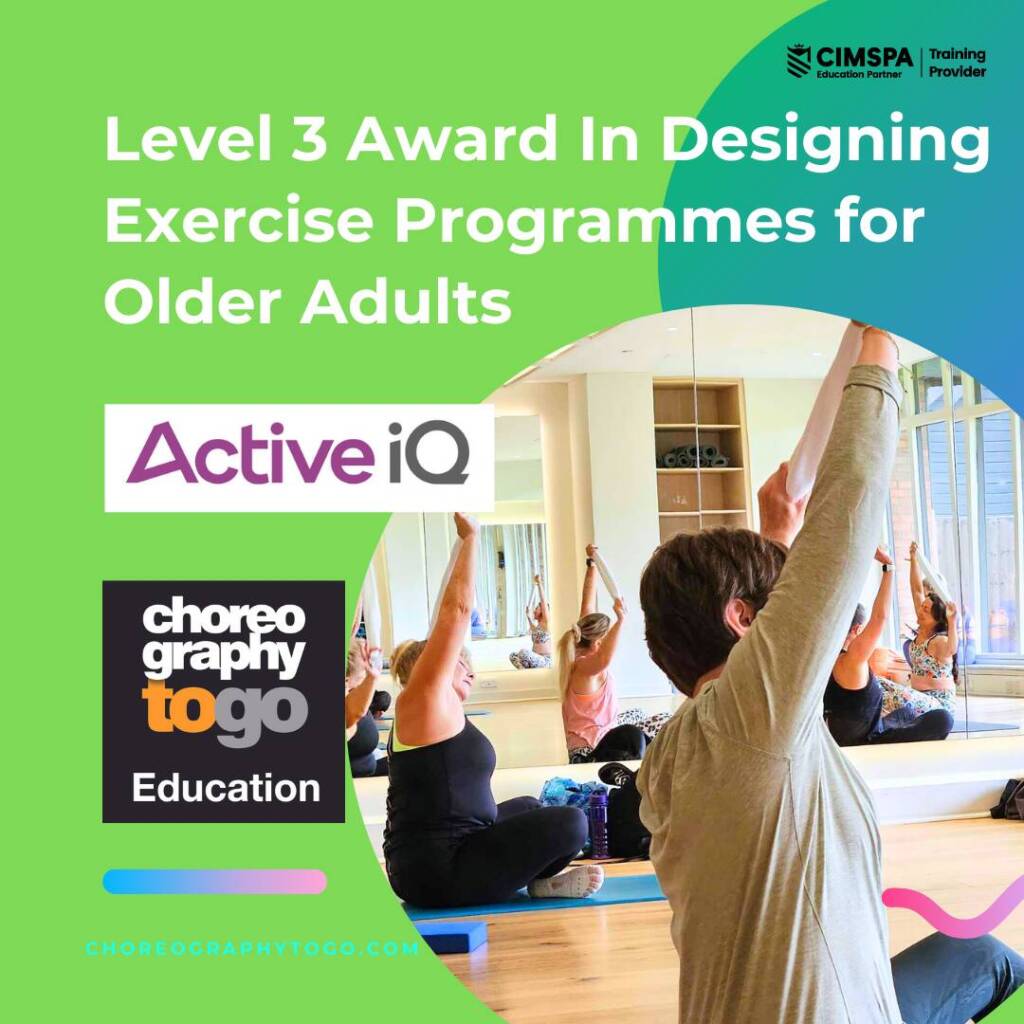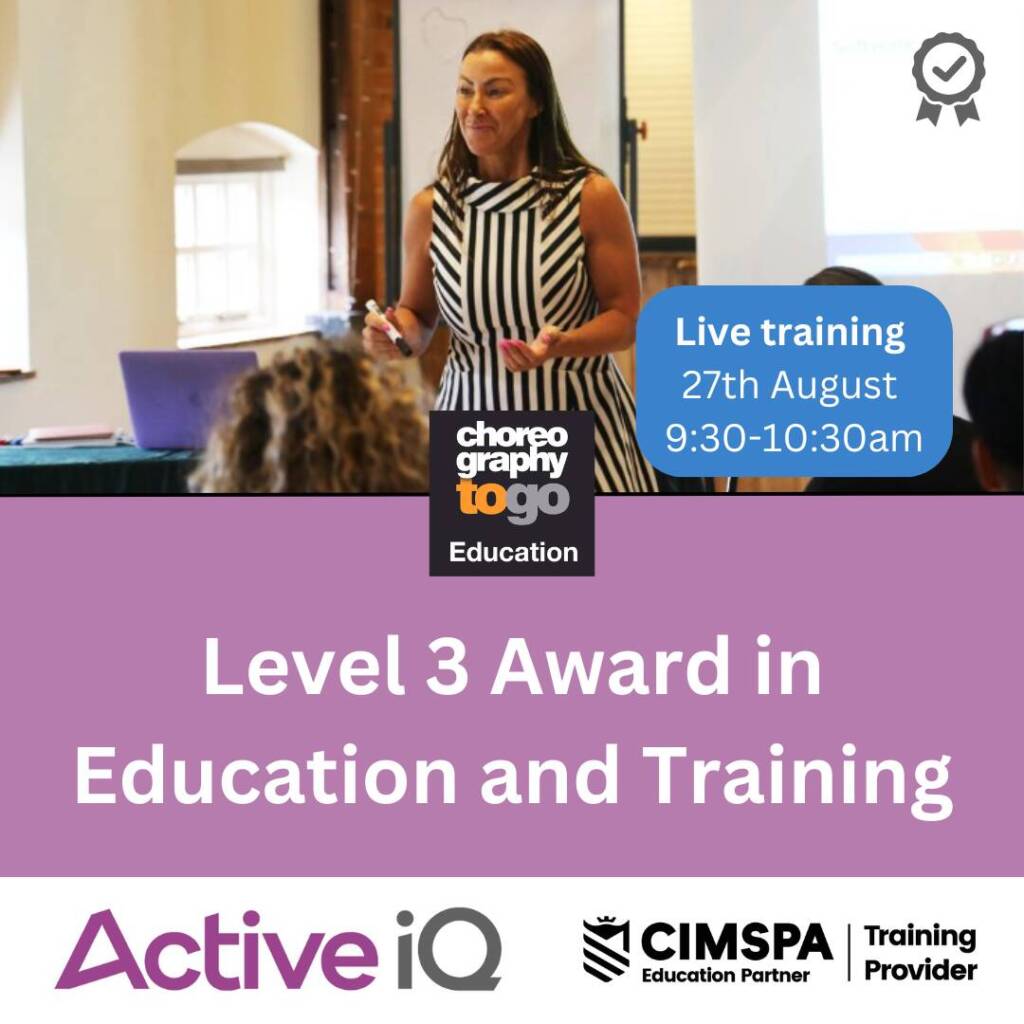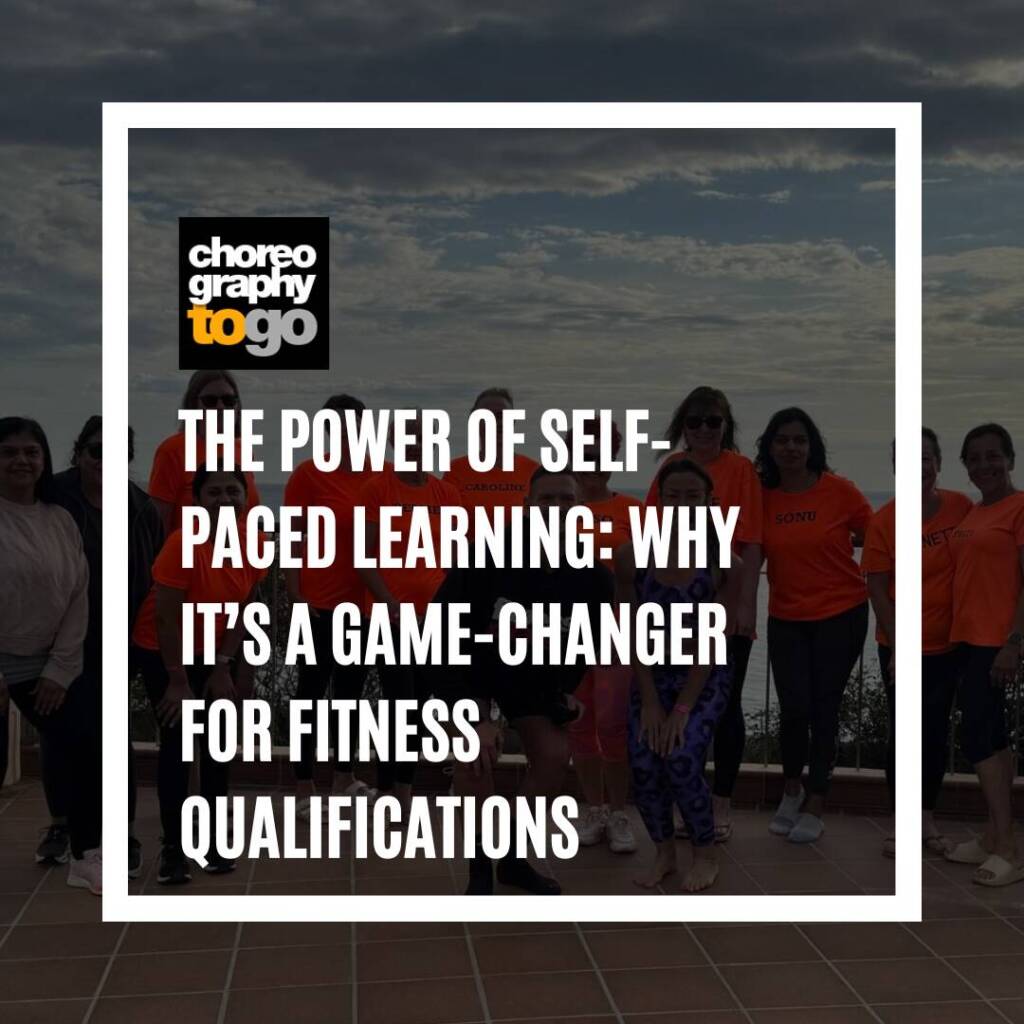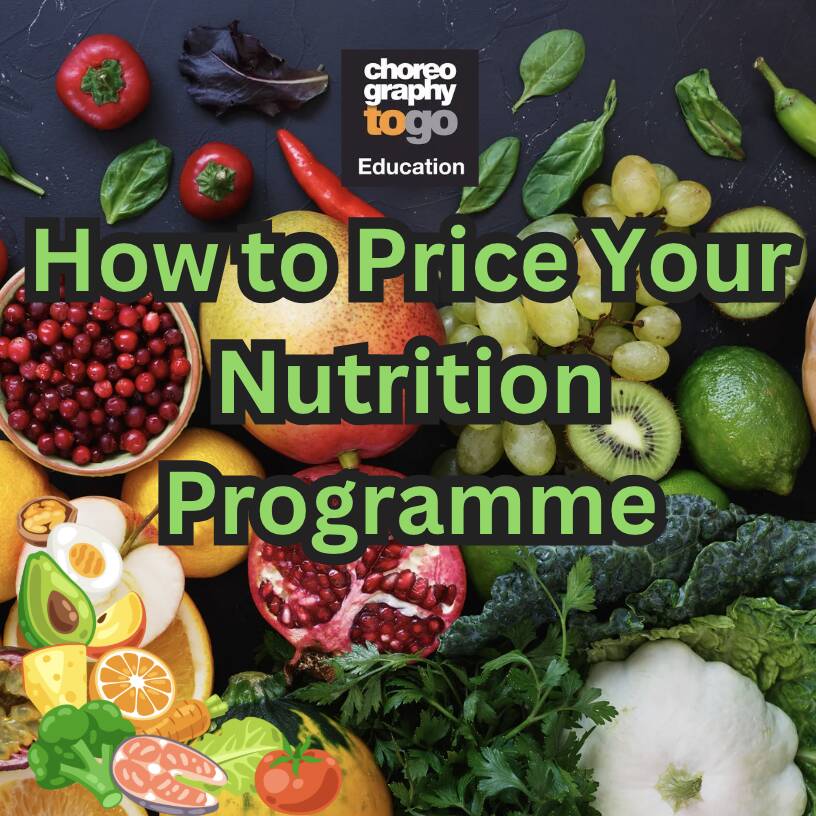
Qualification Blog
Why You Should Offer Nutrition Coaching to Your Fitness Clients
Why You Should Offer Nutrition Coaching to Your Fitness Clients
As a fitness professional, you’re dedicated to helping your clients achieve their health and wellness goals. While exercise is a crucial component of any fitness journey, it’s only one part of the equation. Nutrition plays an equally important, if not more critical, role in achieving and maintaining overall health. If you’re not already offering nutrition coaching to your clients, here are several compelling reasons why you should consider it.
1. Holistic Approach to Wellness
Fitness and nutrition go hand-in-hand. Exercise can help build muscle, improve cardiovascular health, and boost mental well-being, but without proper nutrition, your clients may not see the full benefits of their efforts. Offering nutrition coaching allows you to provide a more holistic approach to wellness, ensuring that your clients are not only working out effectively but also fueling their bodies with the right nutrients.
2. Enhanced Results for Your Clients
Many clients struggle with achieving their fitness goals because they overlook the importance of diet. By offering nutrition coaching, you can guide your clients on how to make better food choices that complement their workout routines. This can lead to faster, more sustainable results, whether they’re looking to lose weight, gain muscle, or improve their overall health.
3. Increased Client Retention
Clients who see results are more likely to stick with their fitness programs. By integrating nutrition coaching into your services, you increase the likelihood of your clients achieving their goals, leading to higher satisfaction and retention rates. When clients feel they are receiving comprehensive support, they’re more likely to remain loyal and continue working with you long-term.
4. Diversify Your Income Streams
Offering nutrition coaching is a great way to diversify your income streams. As a fitness professional, you’re already equipped with the foundational knowledge of how the body works. By expanding your services to include nutrition coaching, you can tap into a new revenue stream, offering meal plans, personalised nutrition advice, and even group coaching sessions.
5. Stay Competitive in the Industry
The fitness industry is constantly evolving, with clients becoming more informed and expecting a well-rounded approach to their health. By offering nutrition coaching, you position yourself as a comprehensive wellness expert, setting yourself apart from competitors who may only offer exercise-based services. This added value can make you more attractive to potential clients.
6. Empower Your Clients with Knowledge
Nutrition coaching is not just about telling clients what to eat; it’s about educating them on how to make healthier choices that align with their fitness goals. By empowering your clients with the knowledge and tools they need to make informed decisions, you help them create sustainable habits that can last a lifetime.
7. Prevent Plateaus and Breakthrough Barriers
Many clients hit plateaus in their fitness journeys, which can be frustrating and demotivating. Often, these plateaus are due to dietary issues rather than training problems. By offering nutrition coaching, you can help your clients break through these barriers by adjusting their diets to better support their fitness routines.
8. Boost Your Professional Credibility
Adding nutrition coaching to your services enhances your professional credibility. It shows that you’re committed to your clients’ overall well-being, not just their physical fitness. This can help you build a strong reputation as a knowledgeable and dedicated fitness professional who goes above and beyond to help clients succeed.
Incorporating nutrition coaching into your fitness services is a powerful way to enhance your clients’ results, increase retention, and boost your own professional growth. As a fitness professional, you have the opportunity to make a significant impact on your clients’ lives by helping them understand the crucial role that nutrition plays in their overall health and fitness journey. By offering this valuable service, you’re not only expanding your business but also contributing to the long-term success and well-being of your clients.
Would you love to do the Active IQ Level 3 Award in Nutrition for Exercise and Health qualification?
Join our new Qualification Kick Start live training and get started and qualified asap!
When is it?
LIVE TRAINING Tuesday 20th August 2024 via Zoom and recorded to play back
What is it?
This is a live zoom with Kelly where you will learn;
* The full qualification breakdown step by step
* How to plan your time and set your course milestones.
* How to work through the course efficiently in a productive and timely way.
* Short cuts and time saving tips.
* How to start using the new information in your classes and create new in depth classes, PT and small groups.
All of the lectures and workshops are available for you to go through completing self paced our new “Qualification Kick Start sessions” are designed to help you understand the course throughly and how to complete in a time frame that suits you.
The Kick Start session is deigned for any learner who hasn’t completed yet and needs an update and a plan and NEW sign ups who want to plan their learning effectively and get going.
Who is this for ? New instructors wanting to gain this qualification Existing learners who want to complete the course asap
This qualification will enable learners to develop their knowledge of healthy eating to analyse their client’s nutritional habits and to be able to offer healthy eating advice linked to their clients’ exercise and lifestyle goals. During the qualification learners will cover the following:
Skills to analyse clients’ dietary habits and identification of areas for improvement.
How to access credible information about nutrition for exercise and health.
The nutrients required to maintain health.
How nutrients from food are used to fuel and aid recovery from physical activity.
How to estimate daily energy and nutrient requirements for clients with different goals.
The risks of poor nutritional and lifestyle practices.
Share this post:
Latest Qualifications
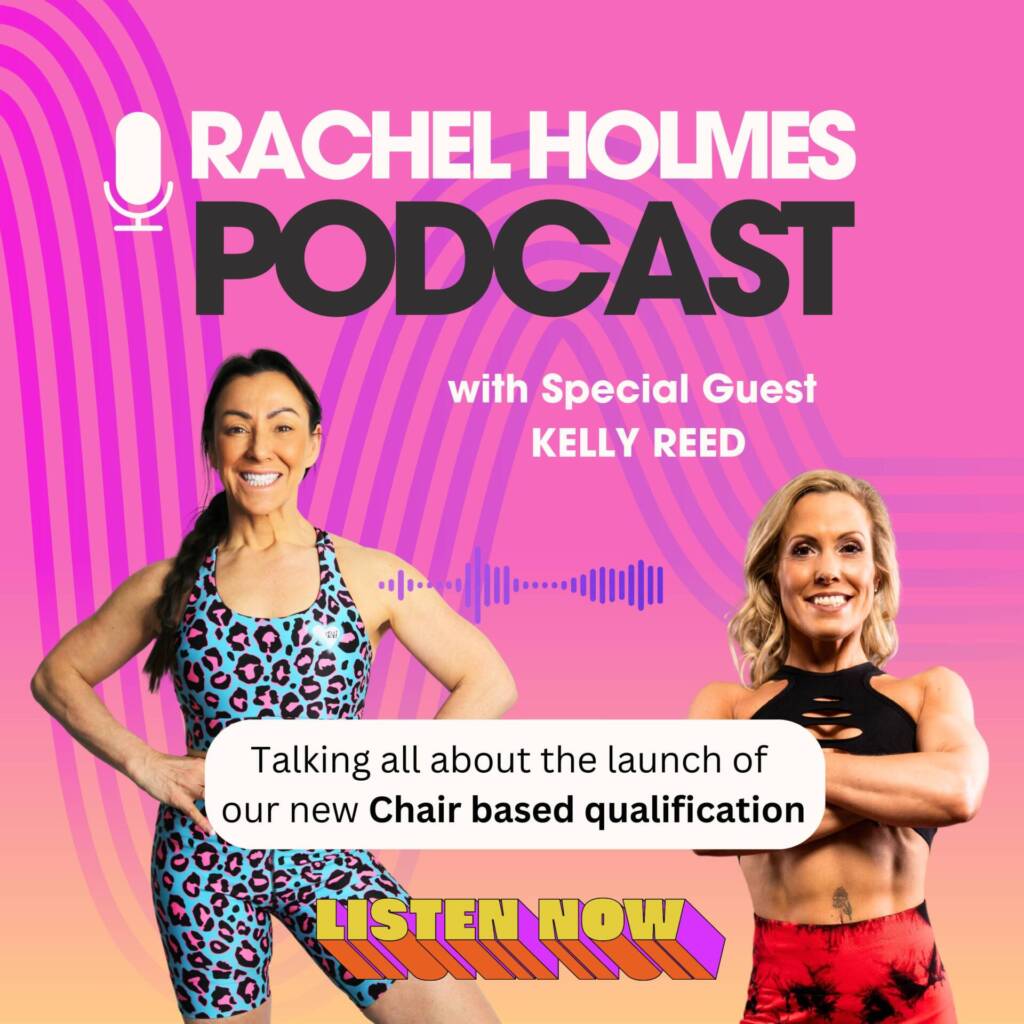

The latest Qualification blogs & news
Join the C2GO newsletter
It is free and comes out once a week with tonnes of inspo, news and choreography.
